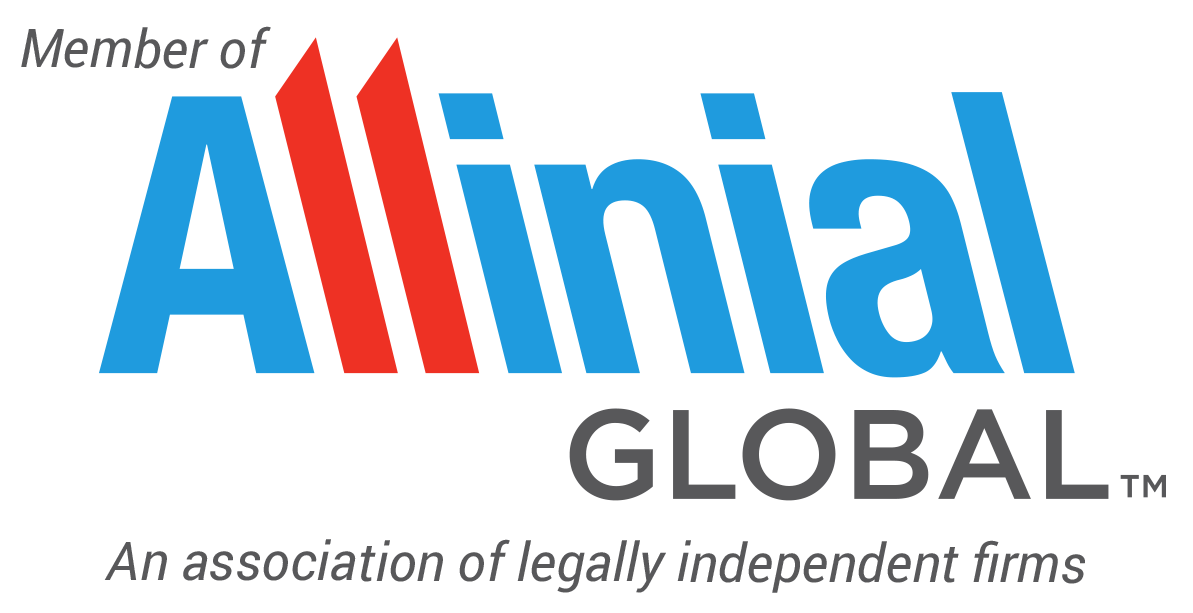’Twas the night before busy season
When all through the IRS
The agents were stirring
With no time to rest

Happy 2023 to our ATKG family and friends! As we prepare ourselves for an eventful spring, we wanted to share some insights on the changes that may affect your tax filings.
IRS Woes Continue
The National Taxpayer Advocate, self-described as an independent organization within the IRS, recently released its Annual Report to Congress. The report highlights the ten “most serious problems” encountered by taxpayers in 2022. As you may expect, one of the largest problems is processing delays. As the IRS gets ready to open its system for the 2023 filing season, it is still over 15 million returns behind in processing returns they already have.
You may recall the $80 billion of IRS funding included in the Inflation Reduction Act (IRA), which President Biden signed into law in August of 2022. Unfortunately for us, most of this funding will go towards enforcement with only a small percentage going towards the improvement of taxpayer services. This likely means the IRS will continue to operate at an unacceptably low level of service, and taxpayers will see an uptick in audits. You should be aware that the House of Representatives passed a measure on January 11th, 2023, to claw back nearly all the IRS funding provided by the IRA. As of today, it sits with the Senate and President Biden for their action.
SECURE 2.0 Act
Enacted on December 29th, the Secure 2.0 Act included several notable retirement and tax provisions:
- Required minimum distributions (RMDs) age raised to 73: As of January 1, 2023, the new minimum age to take a RMD has been raised to 73, and it increases to 75 on January 1, 2033. This change allows those individuals to delay taking RMDs and also relaxes the penalties for failing to take full RMDs.
- Tax-free rollovers from 529 plans to Roth IRAs: The new law permits a beneficiary of a 529 college savings account to make direct rollovers from a 529 account in his or her name to a Roth IRA without tax or penalty. This provides an option for beneficiaries of 529 accounts that have a balance remaining after their education is complete. The 529 account must have been open for more than 15 years and other rules apply. The provision is effective for rollovers beginning in 2024.
- Limitation on Conservation Easements: Current law generally allows taxpayers to claim a charitable deduction for qualified donations of real property to charity. Amid accusations of abusive schemes, the Conservation Easement Program Integrity Act disallows charitable deductions for qualified conservation contributions if the claimed deduction exceeds 2.5 times the sum of each partner’s relevant basis in the partnership making the contribution. There are limited exceptions to this new rule.
Research & Development (R&D) Expenditures
The Tax Cuts and Jobs Act (TCJA) of 2017 included a delayed amendment to Sec. 174 R&D expenses. Beginning on January 1, 2022, Sec. 174 expenses must be capitalized and amortized over a period of either 5 or 15 years depending on U.S. or international research, respectively. Historically, these expenditures were fully deductible in the year incurred. While companies are asking lawmakers to repeal the tax change and move back to immediate deductibility, no provisions were made before the end of 2022. However, it is possible that Congress could still pass something in early 2023.
Bonus Depreciation
For several years now, businesses have enjoyed the benefit of being able to fully expense certain fixed asset expenditures using the “bonus” depreciation rule. As part of the TCJA, bonus depreciation will begin to phase-out and decline by 20% each year starting in 2023 until 2027. The maximum bonus depreciation deduction for 2023 is 80%.
Business Meal Deduction
COVID-19 tax legislation provided a temporary 100% business deduction for meals purchased from restaurants for the 2021 and 2022 tax years. Starting with the 2023 tax year, the meal deduction is limited to 50%. As for entertainment, no changes have been made. Entertainment expenses are still not deductible (except for certain entertainment such as company-wide parties).
Corporate Transparency Act (CTA)
Passed as part of the 2021 National Defense Authorization Act, the CTA requires most companies created in or registered to do business in the U.S. to report information about their beneficial owners to the Department of Treasury’s Financial Crimes Enforcement Network (FinCEN). A beneficial owner is an individual who, directly or indirectly, either exercises substantial control over a company or owns or controls at least 25% of the ownership interests. Under the CTA, access to beneficial owner information (BOI) will be granted to federal agencies, financial institutions, and state, local, tribal, and foreign governments.
Companies must file these reports starting January 1, 2024. As we wait for the form to be released, we are strategizing with regard to the safest and most efficient way to collect BOI (such as passport or driver license numbers) from our clients. Stay tuned for more updates.
ATKG is Here to Help
With a new year comes a lot of change. As always, ATKG is here to help you. Please contact your ATKG advisor if you have any questions about how the above-mentioned changes could affect your personal or business tax situation.
